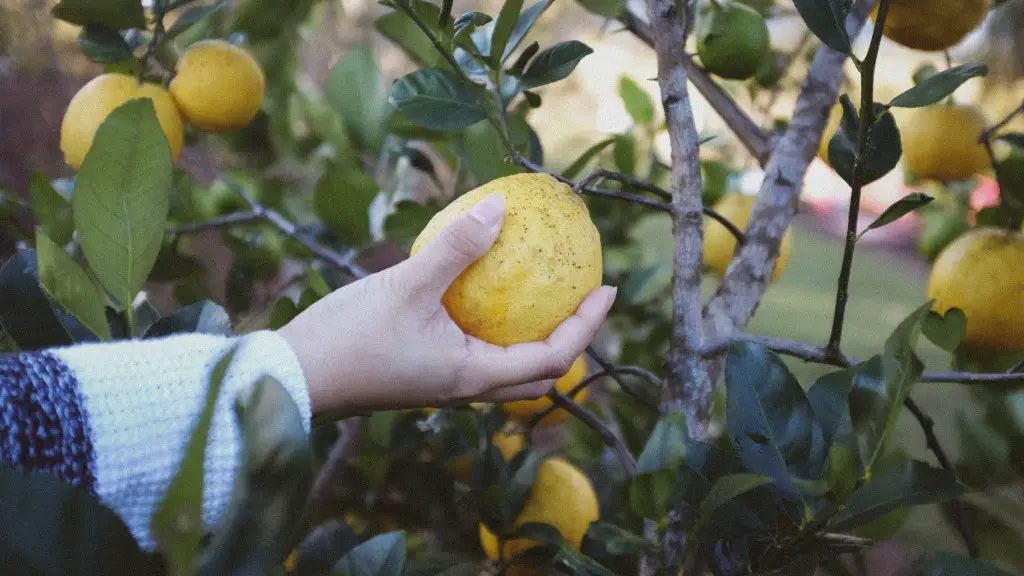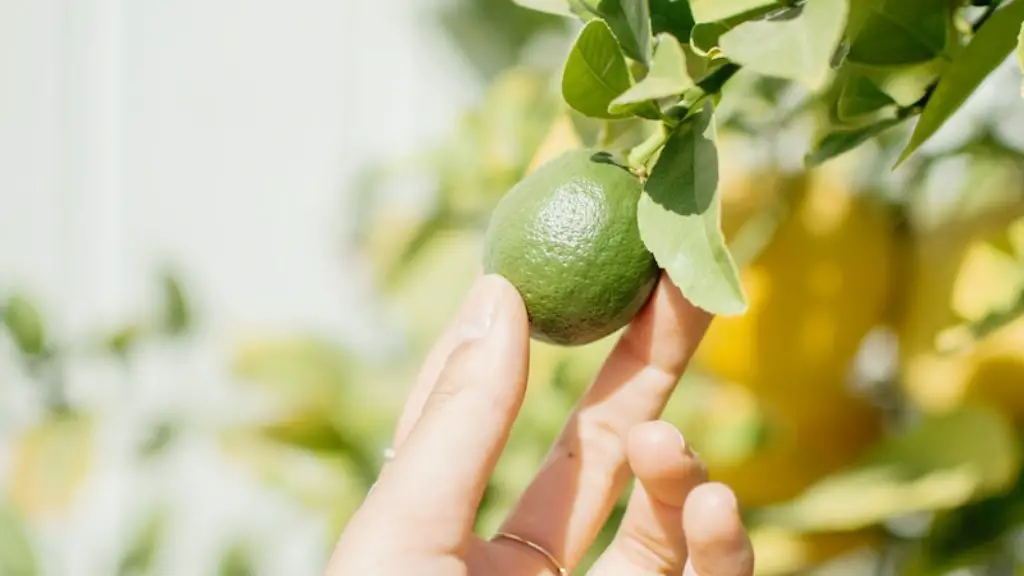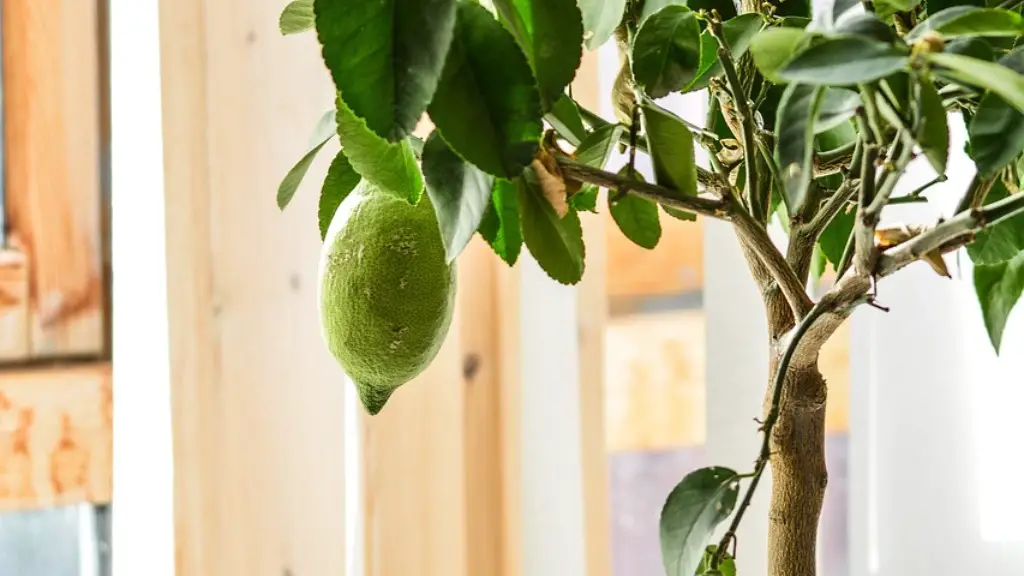Contrary to popular belief, choosing the right pot size for a lemon tree is important for its health and growth. Many people think that a small pot is enough for a lemon tree, but the truth is, a larger pot is needed for optimal growth. The root system of a lemon tree is large and needs room to expand. The right size pot is essential for providing a lemon tree with the nutrients and water it needs.
When selecting a pot, an important factor to consider is the size of the tree. For a mature tree, a pot with a 24- to 36-inch diameter is recommended. For a younger lemon tree, a smaller pot is okay, but it must be large enough to give the roots room to grow without becoming root-bound. If the tree becomes root-bound, it can stunt the tree’s growth and reduce the quality of the lemons produced.
When it comes to the material of the pot, ceramic or plastic is ideal for lemon trees. Both materials are able to hold just the right amount of water and provide good drainage. Clay pots are not recommended as they allow the soil to dry out quickly and require regular watering.
It’s also important to consider the drainage system of the pot. To prevent root rot, the pot must have adequate drainage holes at the bottom, which should be large enough to allow excess water to drain out. The pot should also have a tray underneath to catch any excess water that drains out.
Finally, it’s important to note that the pot must be deep enough to hold the tree’s roots and the soil. A pot that is too shallow is likely to cause the tree to become root-bound and suffer from poor growth.
Heavy Potting Soil
A lemon tree requires a different type of soil compared to other plants. To ensure proper nutrition, the potting soil must be nutrient-rich and adequate for the tree’s root system. Heavy soil, such as loam, is best suited for lemon trees because it contains adequate levels of organic matter and improves drainage. For optimal drainage, incorporate a mixture of coarse sand, peat, and loam.
Water
When it comes to watering, lemon trees don’t require a lot of water and need to be watered just two to three times per week depending on the season. During the summer months, it’s important to keep the soil moist by watering deeply a few times a week. During the cold winter months, it’s recommended to water the tree once or twice a week.
Fertilization
Fertilizing a lemon tree is also essential for its growth. Fertilize with a balanced fertilizer like 5-5-5 or 10-10-10. It’s best to fertilize the lemon tree in the early spring and summer months when the tree is actively growing. When fertilizing, use a low amount of fertilizer and spread it over the tree’s soil in the pot.
Pruning
Pruning is a necessary part of caring for a lemon tree. Prune the tree regularly to help it grow tall and maintain a good shape. Prune back the tips of the branches and thin out any dense stems. When pruning, wear protective gloves and eyewear as the sap from the lemon tree can irritate eyes and skin. Be careful not to prune too much at one time as it can cause damage to the tree.
Insect Control
Insect control is essential for maintaining a healthy lemon tree. Keep an eye out for insects such as aphids and spider mites that can damage the leaves and cause stress to the tree. If you spot an infestation, treat the tree with organic pesticides like insecticidal soap. Additionally, natural predators like lacewings can help control the insect population.
Winter Protection
For lemon trees located in an area that experiences cold winters, special attention should be paid to keep the tree healthy during the cold months. Cover the soil around the base of the tree with mulch to help insulate the soil and help protect the roots. Additionally, wrapping the tree in winter blankets can also provide extra protection against the cold.


